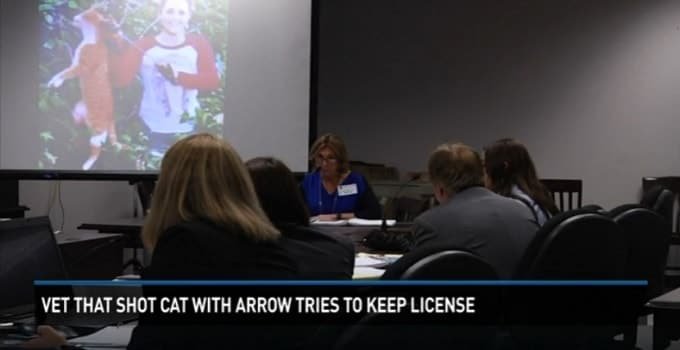Gardens are a sanctuary for many, offering a slice of nature right at home. However, this inviting space can sometimes attract local cats that may use your well-tended plots as their personal litter box. Not only is this frustrating for garden enthusiasts, but cat feces can also be a source of harmful parasites like toxoplasmosis and cryptosporidiosis. These can lead to health issues ranging from headaches and fever to severe complications such as damage to the brain and other organs.
Signs of Feline Visitors and Their Impacts
To determine if cats are visiting your garden, keep an eye out for disturbed soil, paw prints, or holes in your flower beds. These signs indicate that a cat might be marking its territory, posing a risk of repeated visits. The presence of cats can be particularly destructive to delicate flower beds, crops, and garden borders.
Effective Deterrents for a Cat-Free Garden
Carlos Garcia of Total Clean offers insight into humane strategies to keep cats from treating gardens as their playground. One such method is to lay down rough materials such as pine cones or chicken wire on top of the soil. This creates an uncomfortable surface that cats prefer to avoid. Alternatively, planting herbs with strong scents, like rosemary or lavender, can act as a natural repellent due to their odors which cats find offensive.
Motion-activated sprinklers serve as another effective tool, startling cats upon detection and encouraging them to steer clear of the area. For a dual-purpose solution, consider sprinkling crushed eggshells in the soil. This not only deters cats with its crunchy texture underfoot but also protects your plants from common pests such as slugs.
Creating natural barriers with twigs and branches around your plants can also discourage feline visits. Since cats favor the soft, freshly turned soil for their business, making the ground more compact and less inviting can be a simple yet effective deterrent.
Implementing these tips can ensure your garden remains a tranquil and safe environment for you and your plants, free from unwanted pet disturbances. By taking proactive measures, you can enjoy the fruits of your labor without the worry of territorial feline markers or the health risks they carry.




